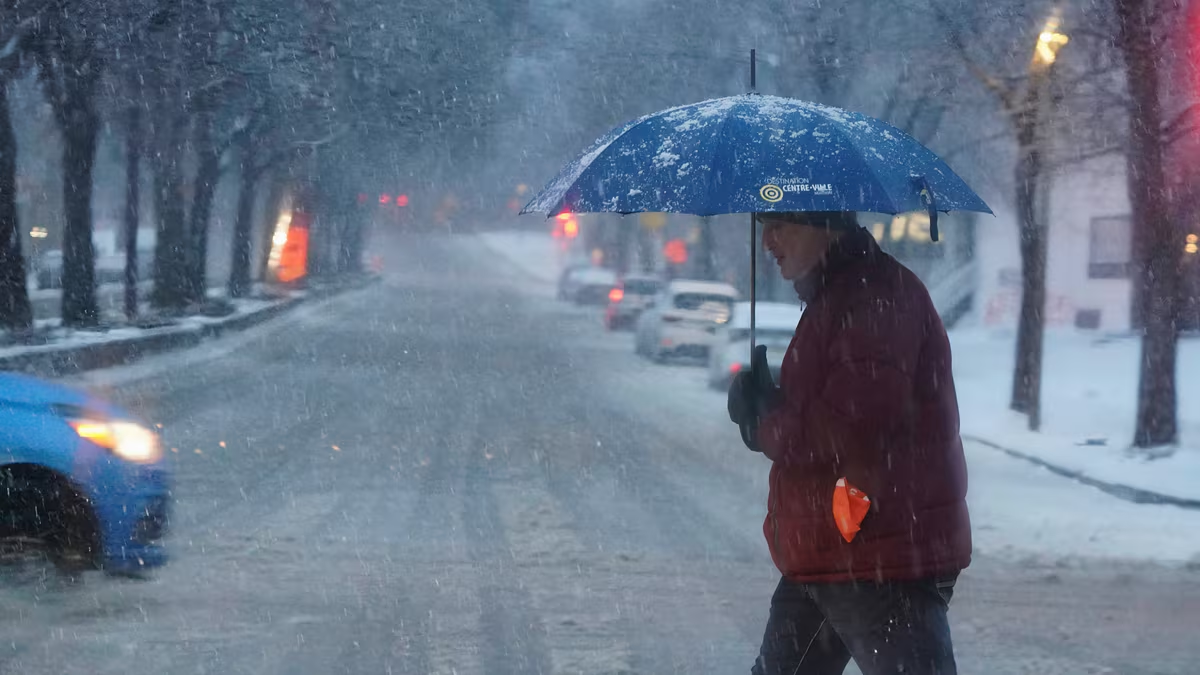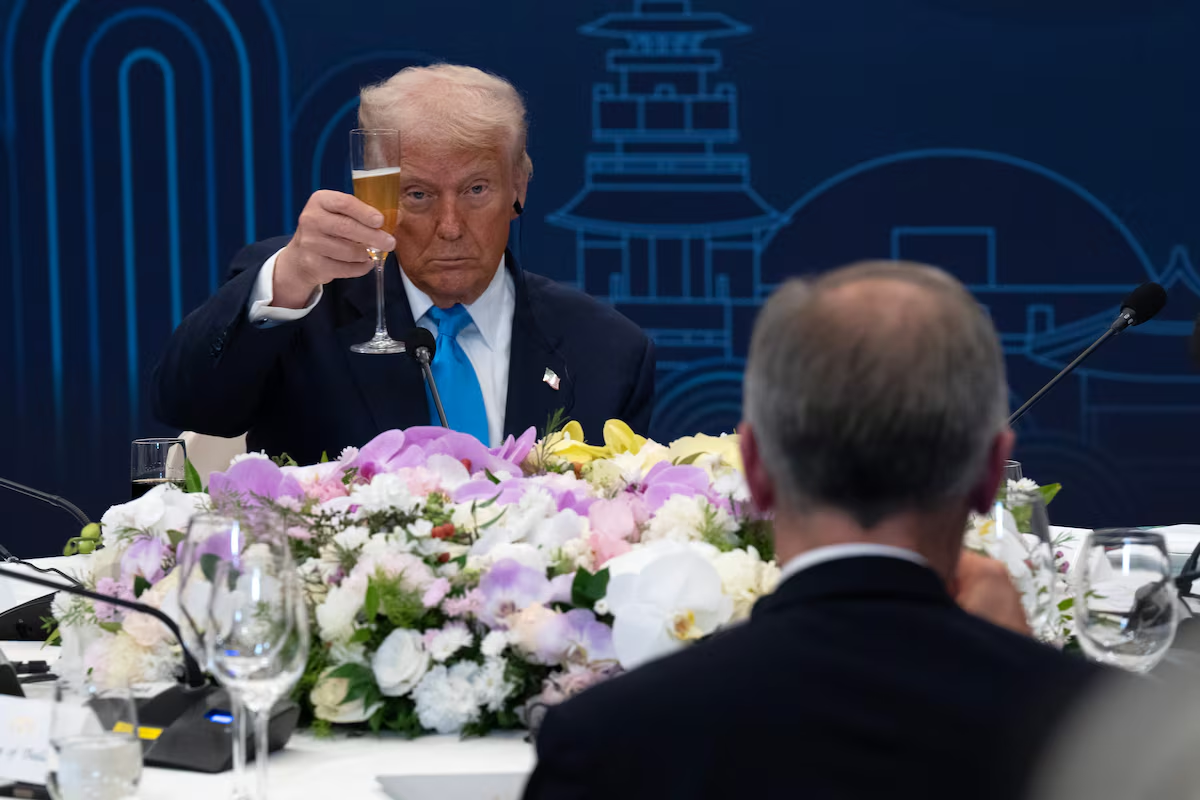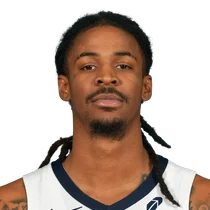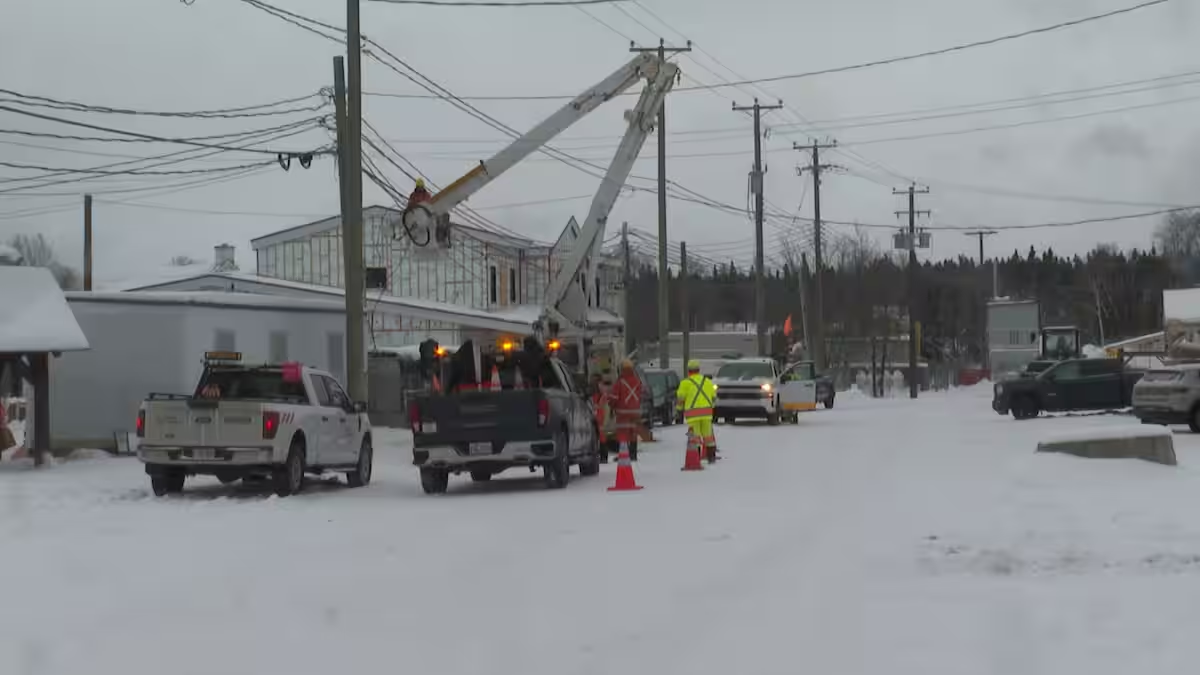3 Sask. men reflect on Indigenous Veterans Day
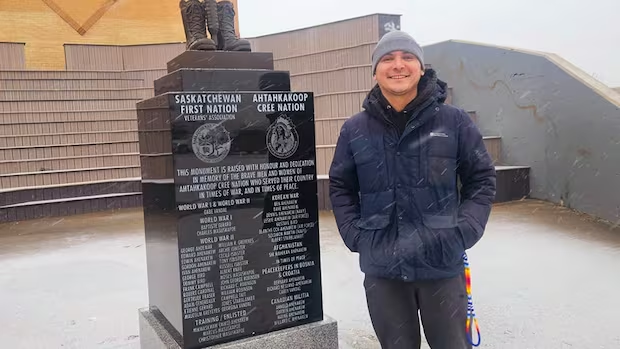
Listen to this article
Estimated 5 minutes
The audio version of this article is generated by text-to-speech, a technology based on artificial intelligence.
Three First Nations men from Saskatchewan who served in the Canadian Armed Forces say National Indigenous Veterans Day on Nov. 8 is a time to reflect.
Mahekan Ahenakew, who grew up in Ahatahkakoop Cree Nation, said being raised traditionally was almost a secret weapon when he was with the Canadian Army.
He said thanks to the way he was raised he was good at finding game trails, reading the land and reading the waters.
Ahenakew joined at 17, after seeing a recruiting booth at a powwow in Regina. He said during the grand entry, he noticed the way the veterans were honoured. He said he enjoyed playing Call of Duty and was attracted to the sense of camaraderie and brotherhood the military offered.
Ahenakew said he notices changes in himself in November, and on reflection he realizes it’s because he’s remembering those who aren’t around anymore. (Submitted by Mahekan Ahenakew)
But he was also aware of the history of First Nations people serving in the military, something he said he wanted to uphold.
He became a member of Princess Patricia’s Canadian Light Infantry 2nd Battalion, and served in the North Saskatchewan Regiment and the 4th Canadian Ranger Patrol Group in Afghanistan in 2009.
He said November is a time to reflect on the sacrifices others made.
“I notice myself changing during the month of November,” he said.
“It usually takes me a little while to understand in regards to why the changes are occurring. It’s usually in remembrance of somebody that’s not around anymore.”
The 36-year-old retired from the military four years ago with the rank of master corporal.
“Now that I’m home, it’s almost like a journey starts to begin to enlighten others about the experiences that they might be able to have in their lifetimes,” said Ahenakew.
“Although they might not always be positive, you can still come out and still have a good attitude.”
Ahenakew now does survival training for surrounding communities in the area and said he does it with not so much drill sergeant energy but with nêhiyawak energy.
Evan Taypotat, chief of Kahkewistahaw First Nation in Saskatchewan, was recently named an honorary colonel for the Snowbirds, where he’ll act as a civilian spokesperson.
He served with the 1st Battalion, Princess Patricia’s Canadian Light Infantry from 2009 to 2012, which included a mission in Afghanistan in 2011.
He said Indigenous Veterans Day is important because many Indigenous veterans weren’t given the same benefits as their non-Indigenous peers.
“Having that day on Nov. 8 kind of eases that pain a little bit, if you will,” said Taypotat.
Evan Taypotat, left, was named an honorary colonel for 431 Air Demonstration Squadron, The Canadian Forces Snowbirds in October. Taypotat served in Afghanistan in 2011. (Submitted by Evam Taypotat)
Taypotat said he is a proud Cree man and when he puts the uniform on, he often thinks of his community and how they were behind him when he served in Afghanistan.
Taypotat said he knew he stood out because of his skin colour but he wanted to prove he was just as good as anyone else in the army and happy to be there, but he wasn’t treated any differently.
“They weren’t colour-oriented; they were there to achieve their objectives,” said Taypotat.
Remembering the first veterans
Cy Standing from Wahpeton Dakota Nation joined the Royal Canadian Air Force at 18 and said for him, warriors like Sitting Bull, Crazy Horse, are “the first veterans.”
In Wahpeton Dakota Nation, he said his community remembers those who didn’t come back from conflicts like the First or Second World War, but he’d like to see the historical chiefs remembered, too.
“They were defending their land and way of life,” Standing said.
“For us, I guess we’re defending land, but for Canada.”
The 88-year-old spent time overseas during his 10 years as an electronics technician as Europe rebuilt after the Second World War.
“I remember my dad saying, ‘If you ever have a chance to travel … that’s the best education you’ll ever have,’” said Standing.
Cy Standing joined the Royal Canadian Air Force at 18 and worked as electronics technician. (Submitted by Cy Standing)
After growing up speaking Dakota and attending day school and residential schools, travelling abroad was a new thing for him.
“It was lonely and hard times and I just depended on my own spiritual ways,” he said.
“There were a few Indigenous people there that served as Forces, so we kind of stuck together.”
Standing said it turned out to be the best experience he’s ever had, as when they had days off they would travel to the Netherlands or Paris by train.
“I learned of their culture and the people, they were just awesome, just like being home on the reserve,” said Standing.
“They remembered us Canadians from the Second World War.”

